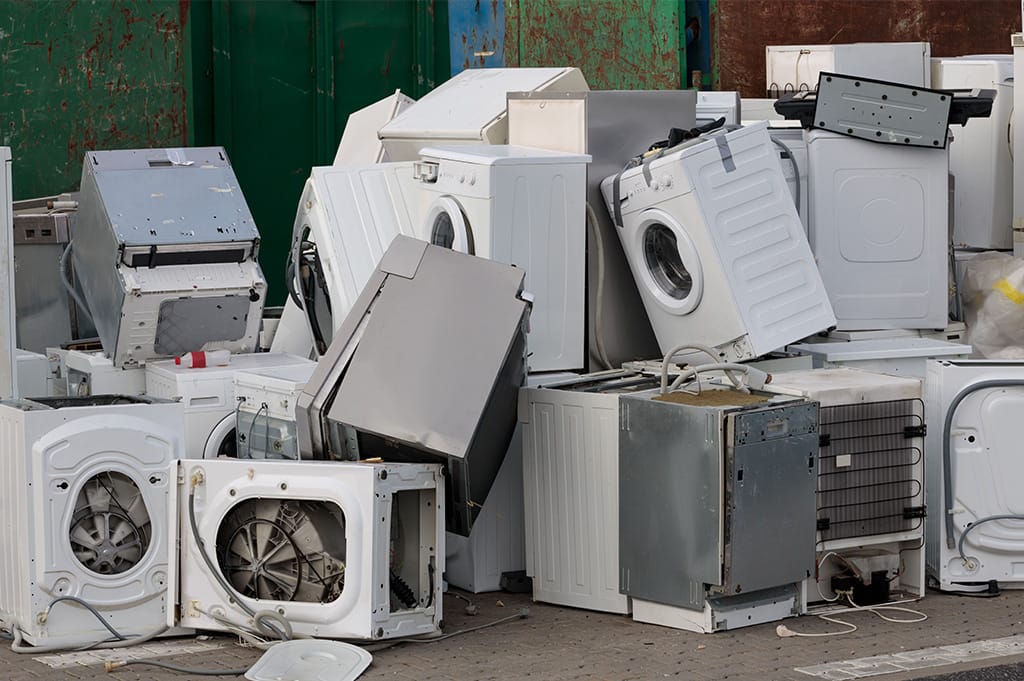White goods, typically referring to large household appliances like refrigerators, washing machines, and dishwashers, can pose significant challenges when it comes to disposal. As these items are bulky and often contain harmful materials, inappropriate disposal can lead to environmental damage. Therefore, it’s crucial to understand the best practices for disposing of white goods responsibly.
Understanding the Environmental Impact
Many white goods contain refrigerants, oils, and other materials that may be hazardous to the environment. For example, older refrigerators often contain chlorofluorocarbons (CFCs), which can contribute to ozone depletion. Additionally, appliances made with metals can pose recycling issues if discarded incorrectly. By ensuring that white goods are disposed of properly, you help mitigate these ecological risks.
Check for Repair or Donate
Before considering disposal, evaluate whether the appliance has any remaining life. If it’s still functional, think about donating it to local charities or organizations that accept used appliances. Many families or individuals in need would appreciate the assistance, and you help reduce waste at the same time.
If the appliance requires repairs, explore options for fixing it. Repairing may not only be cost-effective but also extends the appliance’s lifespan, reducing the environmental impact associated with manufacturing new products.
Contact Local Waste Management Services
If you determine that disposal is the only option, contact your local waste management service to inquire about their specific guidelines for white goods disposal. Many municipalities have designated collection days or specialized drop-off sites for bulky items. This not only ensures compliance with local laws but also keeps harmful materials out of landfills.
Explore Recycling Programs
Many cities and towns offer recycling programs specifically for white goods. These programs often involve specialized facilities equipped to handle appliances containing hazardous substances, ensuring that such materials are dealt with safely. Recycling helps recover valuable materials such as metals and plastics, which can be used to manufacture new products. Check with local recycling centers or online for a list of accepted items and reliable drop-off locations.
Hire a Professional Disposal Service
If you’re unsure about handling the disposal of a large appliance or lack the means to transport it, consider hiring a professional disposal service. These companies specialize in the responsible collection and disposal of white goods, often ensuring that the items are recycled rather than sent to a landfill.
Preparation for Disposal
Before disposal, prepare your appliances by disconnecting them from their power supply and draining any fluids, if applicable. For instance, refrigerators should be properly defrosted, and washing machines need to be drained. Some disposal services may require you to remove doors or other components for safety.
Conclusion
Disposing of white goods properly is essential for protecting the environment and promoting sustainable practices. By considering repair or donation before disposal, inquiring about local waste management services, utilizing recycling programs, and potentially hiring a professional, you can ensure that your old appliances are dealt with responsibly. Each step taken in this process contributes to a healthier planet while also encouraging others to think critically about their own consumption and disposal habits. Let’s strive to make environmentally conscious decisions in every aspect of our lives, including the disposal of white goods.
